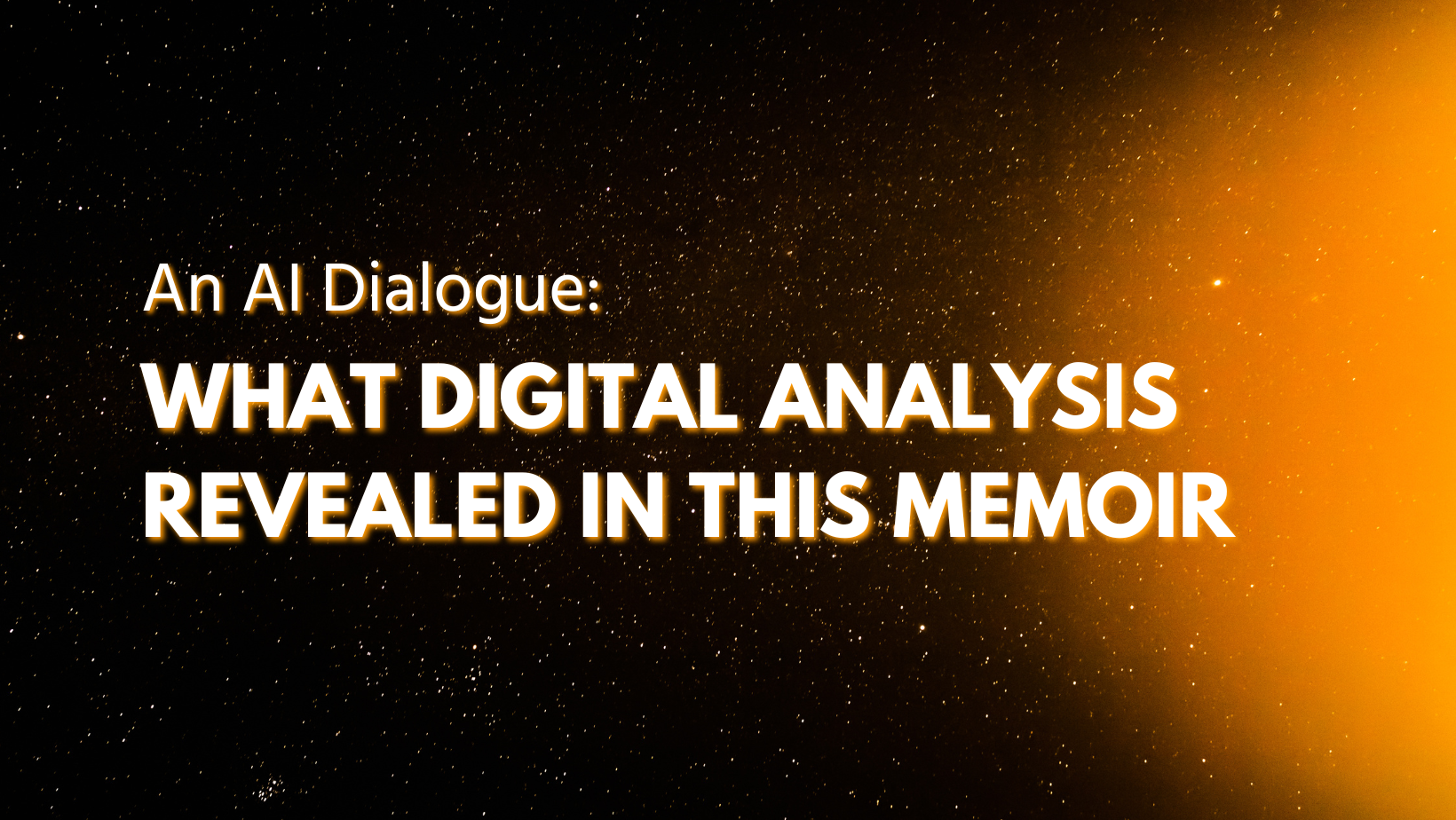What Happens When AI "Reads" a Human Story? Unpacking "Giaci and Me"
Can artificial intelligence (AI) truly grasp the depth and nuance of a human life story? While AI doesn't feel, its capacity for complex analysis can sometimes illuminate layers in a narrative that resonate on a profound level. We recently put this idea to the test, engaging in a deep, analytical exploration of Rita Miceli's memoir, “Giaci and Me: A Mother's Journey of Loving and Raising an Autistic Child," akin to how an advanced AI might process the richness of a personal history.
Going beyond simple plot summaries or keyword analysis, this deep dive – guided by probing questions designed to uncover the book's less obvious currents – revealed why "Giaci and Me" is more than just a powerful account of raising a child with autism. It highlighted the book's ability to speak to universal aspects of the human experience, seen through a unique and compelling lens.
Our exploration, simulating two AIs' analytical approaches to uncovering thematic depth, focused on several key areas:
Firstly, the analysis highlighted the book's profound portrayal of the transformation of identity and perspective. The narrative isn't just about a child's development; it's a deep look at how a parent's (and a family's) sense of self, hopes, and understanding of the world are irrevocably shaped by navigating a path outside of typical societal expectations. The "AI's reading" emphasized the subtle shifts and recalibrations that occur over years, revealing a continuous journey of growth and redefinition.
Secondly, the analytical process underscored the multidimensional impact on the entire family unit. Rather than focusing solely on the central relationship, the "reading" brought forward how Giaci's presence and the family's journey affect siblings and the spousal relationship. This revealed a complex web of interconnected experiences, showcasing the collective resilience and adaptation required, highlighting that the story belongs to the entire family, not just one individual or the author.
Furthermore, the analytical lens cast a light on the book's insights into societal context and the fight for acceptance. By analyzing the challenges faced in accessing support and understanding, the "AI" recognized patterns relating to systemic barriers and the crucial role of advocacy. It underscored how the personal struggle is intertwined with broader societal awareness and acceptance of neurodiversity.
Finally, the exploration illuminated the book's capacity to hold a complex spectrum of human emotion. While themes of unconditional love and perseverance are prominent, the analysis also identified the presence of nuanced feelings – moments of vulnerability, frustration, or perhaps a quiet acknowledging of paths not taken, alongside the abundant joy and fierce devotion. The "AI's processing" revealed the richness of a narrative that doesn't shy away from the full, sometimes messy, reality of deeply loving and advocating for another person.
In essence, approaching "Giaci and Me" through a highly analytical "AI-like" lens surprisingly amplified its humanity. It revealed a story meticulously woven with threads of personal growth, intricate family dynamics, societal challenges, and profound emotional honesty.
If this perspective—finding deep, relatable human insights even through an analytical process—intrigues you, we invite you to take a listen to our full deep dive audio below where we explore these themes in even greater detail.
Ready to discover these layers for yourself? Pick up your own copy of "Giaci and Me" by Rita Miceli on here or any of the available outlets and experience this inspiring journey firsthand.



